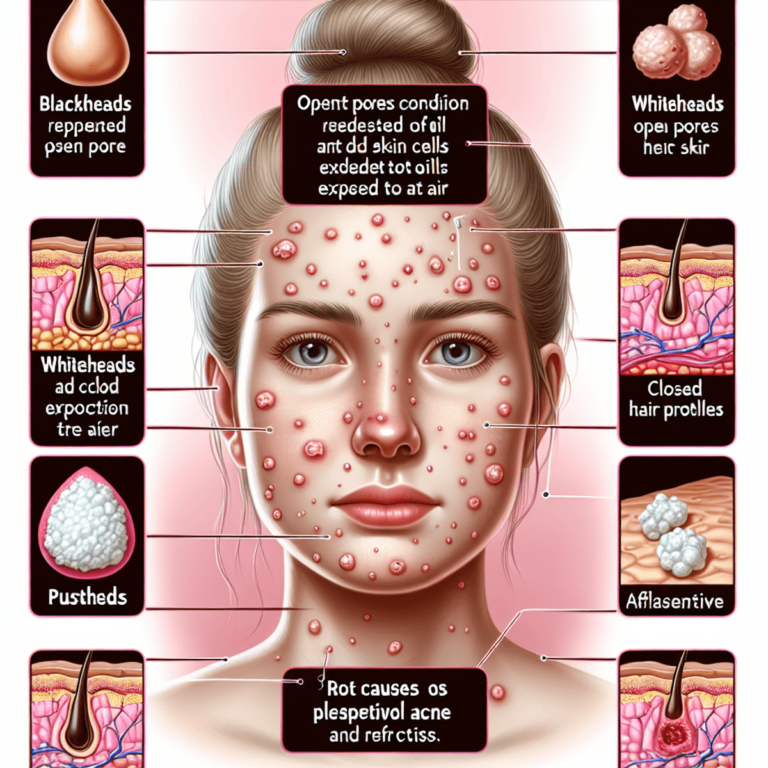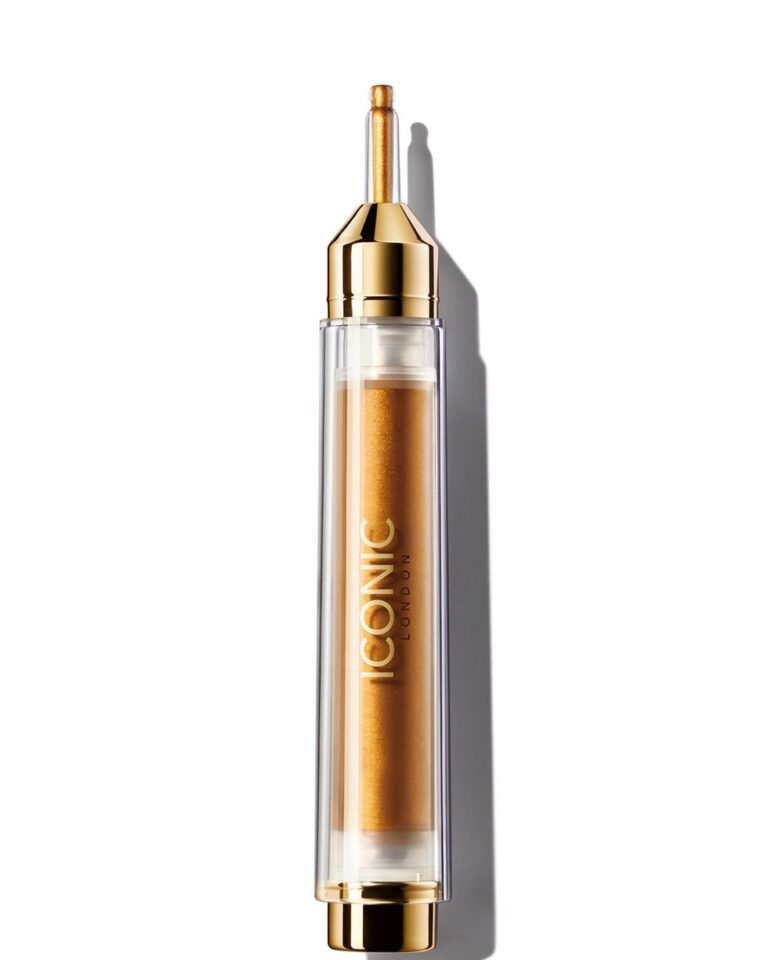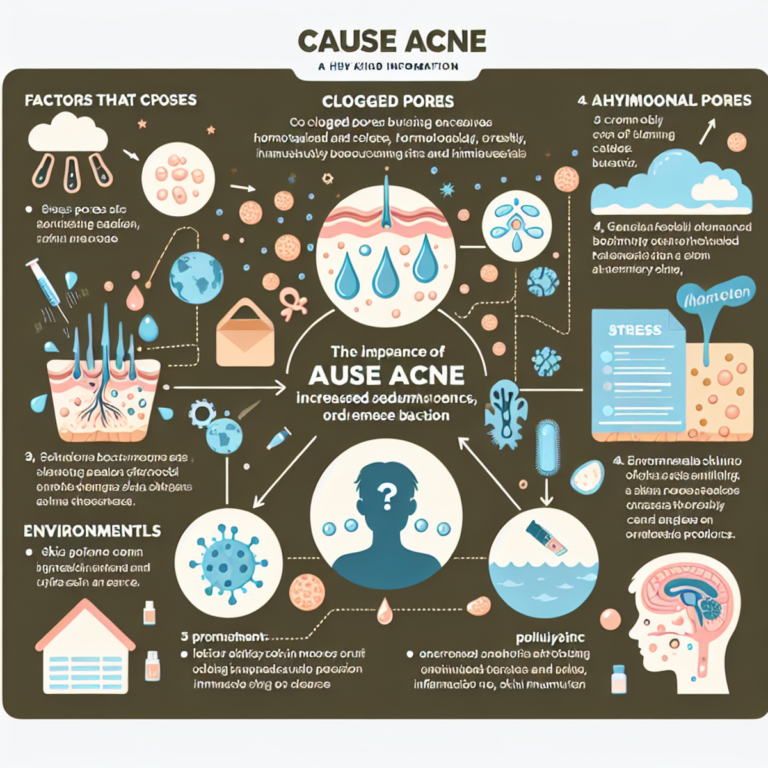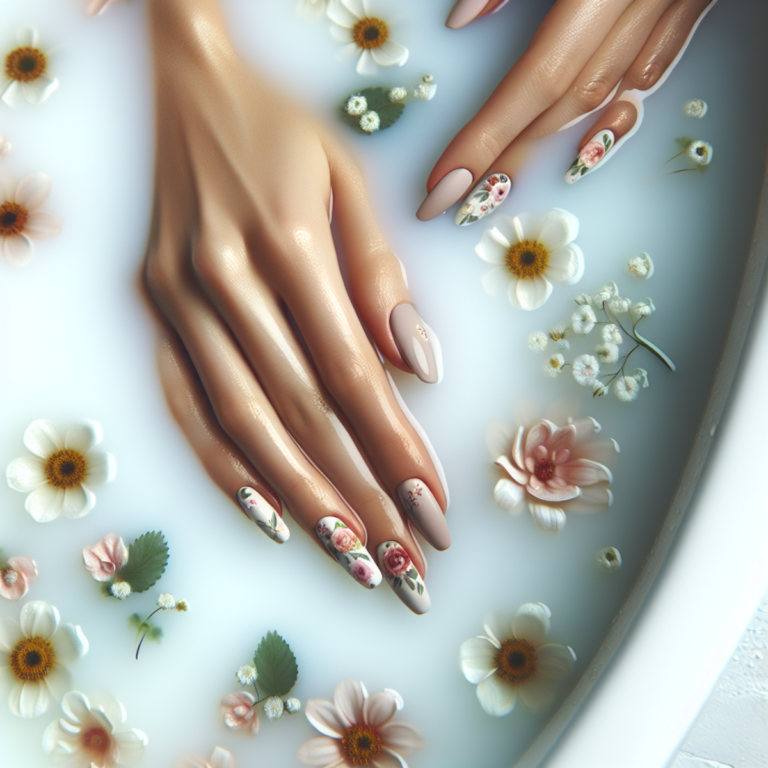How to Remove Pimples Permanently Naturally
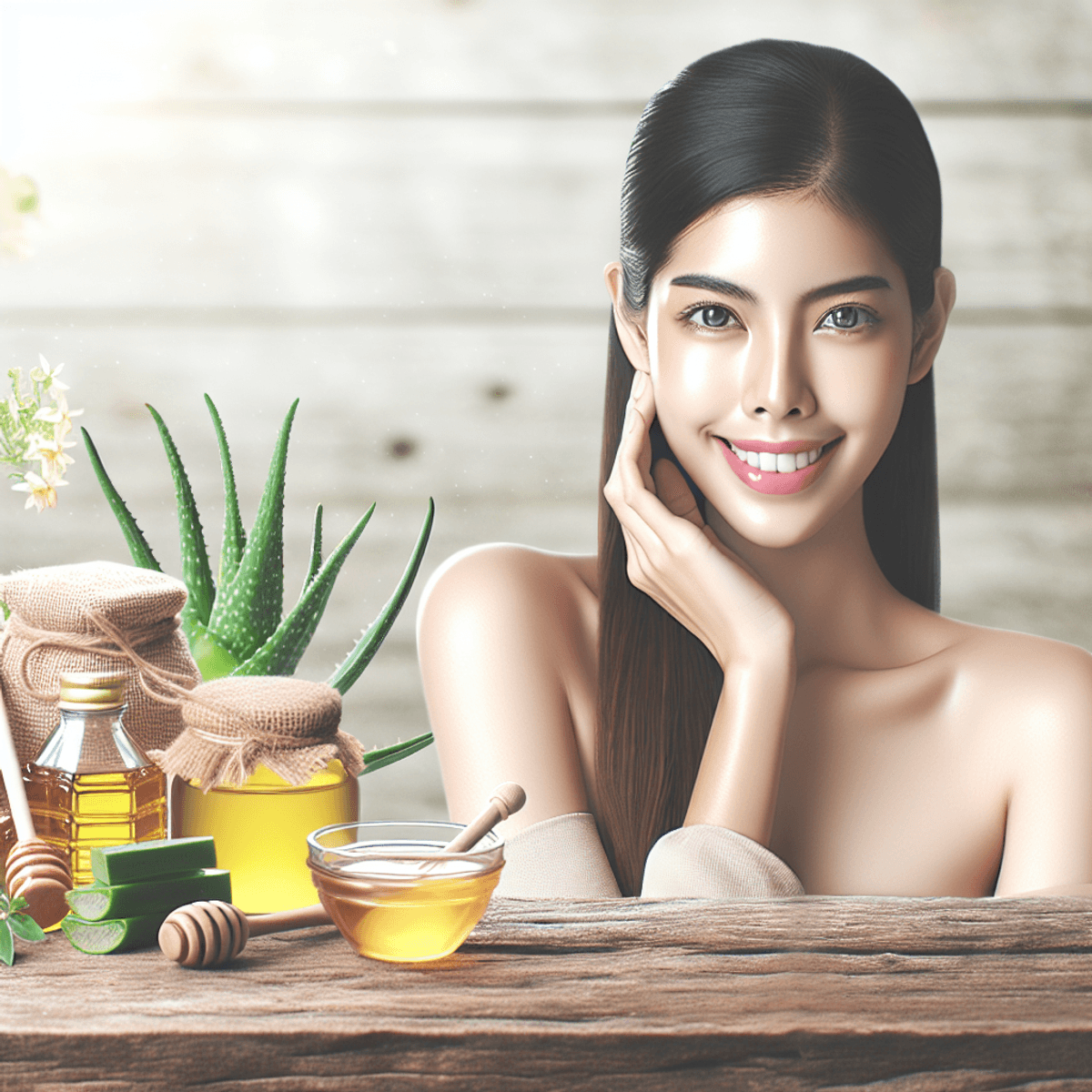
Introduction
Dealing with pimples can be frustrating, especially when they seem to persist despite your best efforts. This article explores how to remove pimples permanently and naturally using a combination of natural remedies and lifestyle changes. By focusing on these methods, you can achieve clear skin without relying on harsh chemicals or expensive treatments.
Natural solutions for acne problems are essential due to their gentle yet effective properties. Unlike synthetic products that may cause irritation or other side effects, natural remedies work harmoniously with your skin’s biology. They target the root causes of acne, such as bacteria and inflammation, while promoting overall skin health.
Key takeaway: Embracing natural remedies and making lifestyle changes can lead to clearer skin. You will learn about:
- Effective natural treatments like tea tree oil, aloe vera gel, green tea, honey, and apple cider vinegar.
- Healthy diet choices that support skin health.
- Additional tips for managing pimples when they occur.
Through this holistic approach, you can discover practical ways to achieve and maintain clear skin sustainably.
Understanding Pimples and Their Causes
Pimples, also known as acne, are a common skin issue that can affect people of all ages. Understanding how pimples form on the skin is crucial for addressing and preventing them effectively.
How Pimples Form
Pimples develop when hair follicles, or pores, become clogged with oil (sebum) and dead skin cells. This blockage creates an environment where bacteria Propionibacterium acnes can thrive, leading to inflammation and the formation of pimples.
Common Triggers
Several factors contribute to the development of acne:
- Hormonal Changes: Hormones play a significant role in pimple formation. During puberty, pregnancy, or menstrual cycles, increased hormone levels can cause the sebaceous glands to produce more oil.
- Diet: Certain foods can trigger acne flare-ups. High-glycemic-index foods like sugary snacks and refined carbohydrates can spike insulin levels, leading to increased oil production.
- Stress: Stress can exacerbate acne by increasing the production of hormones such as cortisol, which in turn stimulates sebaceous glands to produce more oil.
The Role of Bacteria
Bacteria are another critical factor in acne development. When pores are clogged with sebum and dead skin cells, it creates an anaerobic environment conducive to the growth of Propionibacterium acnes. This bacteria feeds on sebum and releases substances that irritate the surrounding tissues, causing inflammation and redness associated with pimples.
Understanding these triggers and mechanisms helps you tailor your skincare routine and lifestyle choices to minimize pimple formation effectively. By focusing on maintaining balanced hormone levels, adopting a healthy diet, managing stress, and keeping bacteria in check through proper skincare practices, you can significantly reduce the occurrence of pimples.
Natural Remedies for Permanent Pimple Removal
1. Tea Tree Oil
Tea tree oil is a popular natural remedy known for its ability to combat acne effectively. Understanding its properties and how to use it can significantly enhance your skincare routine, aiming for permanent pimple removal.
Why Tea Tree Oil Works
Tea tree oil is special because it has strong antibacterial properties. It contains compounds like terpinen-4-ol, which are effective in killing acne-causing bacteria such as Propionibacterium acnes. This action helps reduce the occurrence of pimples and prevents future breakouts by maintaining a cleaner skin environment.
How to Use Tea Tree Oil
There are several ways you can incorporate tea tree oil into your skincare regimen:
- Spot Treatment: Dilute tea tree oil with a carrier oil (like jojoba or coconut oil) in a 1:9 ratio. Apply directly to pimples using a cotton swab.
- Face Mask: Combine a few drops of tea tree oil with green clay or honey for a soothing and antibacterial face mask.
- Facial Cleanser: Add a couple of drops to your regular facial cleanser to enhance its acne-fighting properties.
These methods provide flexibility, allowing you to choose the application that best fits your skincare needs.
Why It Works
Studies have shown that tea tree oil can be as effective as benzoyl peroxide in reducing acne lesions. Users often experience fewer side effects like dryness and irritation compared to chemical treatments. Regular use not only helps diminish existing pimples but also creates an inhospitable environment for future breakouts.
Incorporating tea tree oil into your daily routine might be the natural solution you’re seeking for clearer skin. Its multifaceted benefits make it a cornerstone in the fight against acne, providing both immediate relief and long-term prevention.
2. Aloe Vera Gel
Aloe vera gel is a powerful natural remedy for acne because of its many benefits. When looking for natural solutions for acne, you’ll often see aloe vera as a top recommendation.
Anti-Inflammatory Effects
Aloe vera gel is well-known for its anti-inflammatory properties. It can effectively soothe irritated skin, reducing the redness and swelling associated with pimples. This makes it an excellent option if you’re looking to minimize the visible signs of acne flare-ups naturally.
Wound Healing Properties
Another significant advantage of aloe vera gel is its wound healing capabilities. The gel promotes faster recovery from pimples by accelerating the skin’s repair process. This not only helps in reducing the size and severity of existing pimples but also aids in preventing scarring.
How to Use Aloe Vera Gel Effectively
To get the most out of aloe vera gel, try these application methods:
- Direct Application: Extract fresh aloe vera gel from the leaf and apply it directly to the affected areas. Leave it on overnight for better results.
- Aloe Vera Masks: Combine aloe vera gel with other natural ingredients like honey or turmeric to create a soothing face mask.
- Commercial Products: Opt for high-quality, organic aloe vera gels available in stores if extracting fresh gel is inconvenient.
Using aloe vera gel regularly can be a crucial part of your plan to naturally get rid of pimples for good.
3. Green Tea
When looking for natural remedies for acne, green tea stands out because of its powerful antioxidant properties. The catechins in green tea are especially important for keeping your skin healthy and can help get rid of pimples permanently.
Benefits of Catechins in Green Tea:
- Anti-inflammatory Properties: Catechins help reduce inflammation caused by acne. This has been supported by studies indicating the effectiveness of green tea in managing inflammatory skin conditions source.
- Antioxidant Effects: They combat free radicals, thereby preventing skin damage. Research suggests that the antioxidants in green tea can significantly benefit skin health source.
- Sebum Regulation: Green tea can help reduce sebum production, which is a common cause of pimples.
Application Methods for Green Tea in Skincare:
1. Topical Use
- Green Tea Extract: Available in many skincare products, it can be directly applied to the skin to harness its benefits.
- DIY Face Mask:
- Brew a cup of green tea and let it cool.
- Mix with honey or aloe vera gel.
- Apply to the face and leave for 15-20 minutes before rinsing off.
2. Green Tea Toner
- Brew green tea and let it cool completely.
- Pour into a spray bottle and use as a toner after cleansing your face.
3. Green Tea Compress
- Soak a cotton pad in brewed green tea.
- Apply to affected areas for about 10 minutes.
Adding green tea to your daily skincare routine could be an effective way to naturally get rid of pimples. Its mix of anti-inflammatory and antioxidant properties makes it a great addition to any acne treatment plan.
By using these methods, you can fully benefit from green tea for skin, helping both immediate relief and long-term prevention of breakouts.
4. Honey
Honey has long been celebrated as one of the most effective natural remedies for acne due to its numerous skin benefits. Its anti-inflammatory properties make it particularly useful for soothing irritated skin caused by acne flare-ups.
Soothing Effects
When applied to the skin, honey can:
- Reduce redness and swelling associated with pimples.
- Provide a calming effect on inflamed areas.
- Speed up the healing process of existing acne lesions.
How to Apply Honey Topically
To maximize the benefits of honey for permanent pimple removal, follow these steps:
- Cleanse Your Face: Start with a gentle cleanser to remove any dirt or makeup.
- Apply Raw Honey: Use raw or manuka honey for the best results. Apply a small amount directly onto the affected areas.
- Leave It On: Allow the honey to sit on your skin for about 20-30 minutes.
- Rinse Off: Wash off with lukewarm water and pat your face dry with a clean towel.
For added effectiveness, you can create a honey mask by mixing it with other natural ingredients like:
- Cinnamon: Combine one teaspoon of cinnamon powder with two tablespoons of honey. Cinnamon has antimicrobial properties that complement honey’s effects.
- Aloe Vera Gel: Mix equal parts of honey and aloe vera gel for enhanced soothing and healing benefits.
Using honey regularly in your skincare routine can help manage pimples and contribute to clearer, healthier skin. This simple yet powerful remedy offers an accessible way to address acne issues naturally and effectively.
5. Apple Cider Vinegar
Apple cider vinegar is a popular choice among natural remedies for acne due to its antibacterial properties. It helps combat acne-causing bacteria, making it effective in reducing pimples and preventing future breakouts.
Antibacterial Properties of Apple Cider Vinegar
Apple cider vinegar contains organic acids such as acetic acid, lactic acid, and succinic acid. These acids have been shown to:
- Kill acne-causing bacteria: Acetic acid and other organic acids in apple cider vinegar can reduce the presence of Propionibacterium acnes, which are commonly linked to acne.
- Reduce inflammation: The anti-inflammatory properties help soothe irritated skin, providing relief from redness and swelling associated with pimples.
How to Dilute and Apply Apple Cider Vinegar Safely on the Skin
Direct application of undiluted apple cider vinegar can be harsh on the skin due to its acidity. It’s essential to dilute it properly to avoid irritation or burns.
- Dilution Ratio: Mix one part apple cider vinegar with three parts water. For sensitive skin, you may opt for a more diluted solution by adding more water.
- Application Method:
- Cleanse your face with a gentle cleanser.
- Using a cotton ball or pad, apply the diluted apple cider vinegar mixture to the affected areas.
- Allow it to sit on your skin for 5-20 seconds, then rinse off with water.
- Pat your face dry with a clean towel.
Applying this treatment once daily can help maintain the pH balance in skincare, promoting a healthier skin environment less prone to infections and breakouts.
Natural remedies like apple cider vinegar offer an accessible solution for those seeking permanent pimple removal. Integrating it into your routine may provide noticeable benefits, enhancing overall skin health while addressing acne concerns effectively.
Lifestyle Changes to Prevent Pimples from Recurring Naturally and Permanently
1. Healthy Diet Choices
Making informed dietary choices can significantly help in maintaining clear skin. Incorporating specific foods into your diet and avoiding certain others can make a substantial difference.
Foods to Include in Your Diet
- Foods Rich in Antioxidants: Blueberries, strawberries, and other berries are packed with antioxidants that can help reduce inflammation and prevent acne.
- Omega-3 Fatty Acids: Found in fish like salmon and flaxseeds, omega-3s are known for their anti-inflammatory properties.
- Probiotics: Yogurt and other fermented foods support gut health, which can have a positive effect on your skin.
- Zinc-Rich Foods: Pumpkin seeds, chickpeas, and lentils are great sources of zinc, which helps reduce inflammation and acne severity.
Foods to Avoid
- High Glycemic Index Foods: Refined sugars, white bread, and other high-GI foods can spike blood sugar levels, leading to increased sebum production and acne.
- Dairy Products: Some studies suggest that dairy products can trigger acne breakouts in some individuals due to hormones present in milk.
- Greasy Foods: Fried foods and fast food items often contain unhealthy fats that can exacerbate acne problems.
By making these dietary changes, you target the root causes of pimple formation from within. This approach complements topical treatments and promotes long-term skin health.
Foods to Include in Your Diet
Eating the right foods can make a big difference in getting clear skin. Some nutrients and antioxidants are especially good at fighting acne and improving skin health.
Leafy Greens
Spinach, kale, and broccoli are rich in vitamins A, C, and E. These antioxidants help protect your skin from damage and reduce inflammation.
Fatty Fish
Salmon, mackerel, and sardines contain omega-3 fatty acids that reduce inflammation and keep your skin moisturized.
Nuts and Seeds
Almonds, walnuts, chia seeds, and flaxseeds are packed with vitamin E, zinc, and omega-3 fats. These nutrients support skin healing and reduce breakouts.
Fruits
Berries like strawberries, blueberries, and raspberries are high in antioxidants that protect the skin against free radicals. Adding citrus fruits like oranges and lemons provides vitamin C for collagen production.
Whole Grains
Brown rice, quinoa, and oats help maintain stable blood sugar levels which can prevent pimples. They also provide fiber for overall gut health.
These dietary choices not only promote clear skin but also contribute to overall well-being.
Foods to Avoid
Certain foods can make acne worse and should be avoided to keep your skin clear. Knowing these dietary triggers is crucial for anyone looking for how to remove pimples naturally and permanently. Here are some key offenders:
- Sugary Foods: Eating too much sugar can raise insulin levels, leading to more oil production and clogged pores. This includes sweets, sodas, and other sugary drinks.
- Dairy Products: Milk and other dairy items have been linked to acne flare-ups due to hormones present in cow’s milk that can affect your own hormone levels.
- Fast Food: Greasy, processed foods are often high in unhealthy fats and refined carbohydrates, contributing to inflammation and skin problems.
- Refined Carbs: White bread, pasta, and other refined carbs can cause insulin spikes that lead to higher sebum production. Opt for whole grains instead.
- High-Glycemic Foods: Foods with a high glycemic index like white rice and potatoes can trigger acne by causing rapid spikes in blood sugar levels.
Avoiding these foods as part of your diet for clear skin prevention helps reduce the likelihood of breakouts and contributes to a healthier complexion.
2. Hydration and Sleep
Proper hydration and enough sleep are essential for keeping your skin clear and preventing pimples naturally and permanently.
How Hydration Helps Prevent Skin Issues
- Drinking enough water helps flush out toxins from your body, which can prevent clogged pores.
- Well-hydrated skin is less likely to produce excess oil, reducing the likelihood of acne breakouts.
- Aim to drink at least 8 glasses of water daily to maintain optimal skin hydration.
The Link Between Sleep Quality and Acne Prevention
- Quality sleep allows your skin to repair itself, promoting faster healing of pimples.
- Lack of sleep can increase stress levels, leading to hormonal imbalances that trigger acne.
- Strive for 7-9 hours of uninterrupted sleep each night to support your skin’s natural regeneration process.
Staying hydrated and getting enough sleep are important lifestyle changes for preventing clear skin. These habits work well with other natural remedies, creating a holistic approach on how to remove pimples naturally and permanently.
3. Skincare Routine
A consistent skincare routine is crucial for maintaining clear skin and preventing pimples naturally.
- Cleansing: Use a gentle, non-comedogenic cleanser twice daily to remove excess oil, dirt, and makeup without stripping the skin of its natural moisture.
- Exfoliation: Incorporate a mild exfoliant once or twice a week to slough off dead skin cells and unclog pores. Avoid harsh scrubs that can irritate the skin.
- Moisturizing: Hydrate your skin with an oil-free moisturizer suitable for acne-prone skin. Look for ingredients like hyaluronic acid that provide hydration without clogging pores.
- Sun Protection: Apply a broad-spectrum sunscreen daily to protect your skin from harmful UV rays. Choose a non-comedogenic formula to avoid breakouts.
- Spot Treatments: Use targeted treatments containing salicylic acid or benzoyl peroxide on active pimples to reduce inflammation and speed up healing.
Maintaining this regimen helps in preventing breakouts and promotes healthier skin over time.
Additional Tips to Manage Pimples Naturally and Permanently
1. Ice Therapy
Ice application therapy can be a simple yet effective method to manage pimples naturally. This technique works by reducing inflammation, redness, and swelling, which are common symptoms associated with acne.
How to Apply Ice Therapy:
- Prepare the Ice:
- Wrap an ice cube in a clean cloth or use a dedicated ice pack.
- Avoid applying ice directly to the skin as it can cause frostbite or irritation.
- Application Process:
- Gently press the wrapped ice against the pimple for about 1-2 minutes.
- Take short breaks between applications to prevent skin damage.
- Repeat this process 2-3 times daily for optimal results.
Benefits of Ice Therapy:
- Reduces Inflammation: The cold temperature helps constrict blood vessels, which decreases swelling and redness.
- Numbs Pain: Ice can provide temporary relief from the discomfort caused by inflamed pimples.
- Minimizes Pore Size: Applying ice can temporarily tighten pores, reducing the likelihood of future breakouts.
2. Avoid Touching or Squeezing Pimples
Touching or squeezing pimples can make things worse by spreading bacteria and increasing inflammation.
Why You Should Avoid It:
- Prevents Infection: Minimizes the risk of spreading bacteria that can lead to more severe acne.
- Reduces Scarring: Decreases chances of permanent scarring caused by improper handling.
- Speeds Up Healing: Allows pimples to heal naturally without additional trauma.
3. Zinc Supplements
Zinc supplements are known for their anti-inflammatory properties, making them effective in reducing acne severity.
Benefits of Zinc:
- Reduces Inflammation: Helps calm irritated skin and reduce redness.
- Promotes Wound Healing: Aids in the repair of damaged tissue, speeding up recovery from pimples.
- Regulates Oil Production: Controls sebum production, minimizing clogged pores.
How to Use Zinc Supplements:
- Consult with a healthcare provider before starting supplementation.
- Follow recommended dosages to avoid potential side effects like nausea or stomach upset.
By incorporating these additional tips into your skincare routine, you can manage pimples more effectively and prevent their recurrence naturally and permanently.
2. Avoid Touching or Squeezing Pimples
Touching or squeezing pimples can make things worse and cause more problems. Here’s why you should resist the urge:
- Spread of Bacteria: Your hands carry bacteria and oils that can transfer to your face, worsening acne.
- Inflammation: Squeezing pimples can cause inflammation, leading to increased redness and swelling.
- Scarring: Popping pimples often results in scars that take longer to heal than the pimple itself.
To manage pimples naturally and permanently, practice these habits:
- Hands-off Approach: Make a conscious effort to keep your hands away from your face.
- Clean Environment: Regularly clean items that come into contact with your face, such as pillowcases and phone screens.
- Mindful Skincare: Use gentle, non-comedogenic products to avoid clogging pores.
Implementing these tips alongside other natural remedies like ice application therapy helps in achieving clearer skin.
3. Zinc Supplements
Zinc supplements can be a crucial part of your plan to naturally and permanently manage pimples. This essential mineral is known for its anti-inflammatory properties, which help reduce the redness and swelling associated with acne.
Benefits of Zinc for Acne
- Regulation of Sebum Production: Zinc helps control the activity of the sebaceous glands, reducing excess oil production that can clog pores.
- Antibacterial Effects: It fights against acne-causing bacteria, lowering the chances of new breakouts.
- Wound Healing: Zinc speeds up the healing process of acne lesions, decreasing scarring and improving skin texture. This is supported by various studies highlighting the clinical effects of zinc on acne.
How to Use Zinc
- Supplements: Available in different forms like zinc gluconate and zinc sulfate. Always follow the recommended dosage on the packaging or consult a healthcare provider.
- Dietary Sources:Shellfish: Oysters are particularly high in zinc.
- Red Meat: Beef and lamb offer significant amounts.
- Nuts and Seeds: Pumpkin seeds and cashews provide a plant-based option.
Adding zinc supplements to your daily routine can work well with other natural ways to prevent pimples, improving overall skin health. In fact, research indicates that zinc supplementation can significantly improve acne, making it an effective strategy in your skincare regimen.
When to Seek Professional Help with Acne Treatment Options?
Persistent or severe acne that doesn’t respond to natural remedies may require professional skincare advice. Dermatologists can offer treatments like:
- Prescription medications: Antibiotics, retinoids, and hormonal treatments.
- Procedural interventions: Chemical peels, laser therapy, and extractions.
Consulting a professional ensures personalized care and effective solutions tailored to your skin type. This approach complements natural methods, providing a comprehensive strategy for permanent pimple removal using natural methods.
FAQs (Frequently Asked Questions)
What are some natural remedies for removing pimples permanently?
Natural remedies for permanent pimple removal include tea tree oil, aloe vera gel, green tea, honey, and apple cider vinegar. Each of these has unique properties that can help fight acne-causing bacteria, soothe irritated skin, and promote healing.
How does tea tree oil help in treating acne?
Tea tree oil possesses antibacterial properties that effectively combat acne-causing bacteria. It can be applied directly to the skin using various methods, and studies have shown its effectiveness in reducing lesions and preventing future breakouts.
What lifestyle changes can I make to prevent pimples from recurring?
To prevent pimples from recurring, consider adopting a healthy diet rich in fruits and vegetables while avoiding processed foods. Additionally, stay hydrated, ensure you get enough sleep, and establish a consistent skincare routine tailored for acne-prone skin.
When should I seek professional help for acne treatment?
If your acne persists despite trying natural remedies or over-the-counter treatments, or if it causes significant discomfort or emotional distress, it’s advisable to seek professional help. A dermatologist can provide personalized treatment options tailored to your specific needs.
Can dietary choices affect my skin health?
Yes, dietary choices play a crucial role in skin health. Foods rich in antioxidants, vitamins, and minerals can contribute to clearer skin. Conversely, high-sugar and high-fat foods may exacerbate acne symptoms. Focus on a balanced diet for optimal skin health.
What is ice therapy and how does it help with pimples?
Ice therapy involves applying ice to inflamed pimples to reduce swelling and redness. This method can provide temporary relief by numbing the area and constricting blood vessels, which may also help prevent further irritation.




